Indigenous Governance Database
Governance

Hopes of preserving Cherokee language rest with children
Kevin Tafoya grew up hearing Cherokee all around him – his mother, a grandmother and grandfather, aunts and an uncle all spoke the language that now is teetering on the edge of extinction. Yet his mother purposely didn’t teach him. “She told us she had a hard time in school transitioning from…
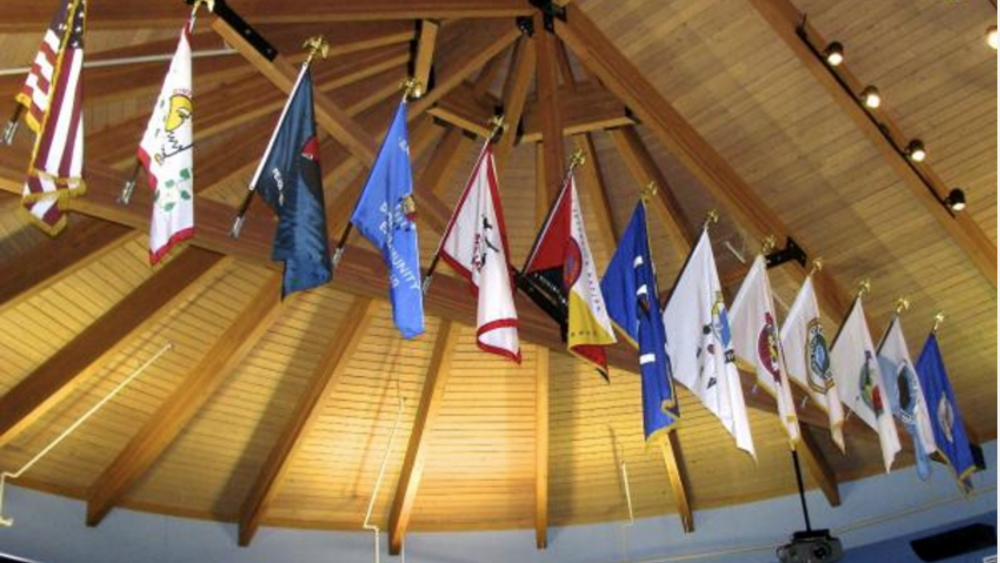
Red Lake Constitutional Reform Informational Meetings Held
The meeting at Bemidji was one leg of the second round of informational meetings conducted by the Red Lake Constitutional Reform Committee (CRC) in order to seek input and feedback from the membership regarding Constitutional Reform. Meetings are held in Duluth and the Twin Cites in addition to the…

Harvard Project Names Three Honoring Nations Leaders
Sharing outstanding programs in tribal self-governance and helping to expand the capacities of Tribal leaders through learning from each others’ successes is the mission of the Harvard Project on American Indian Economic Development’s Honoring Nations program. Recently the Honoring Nations program…
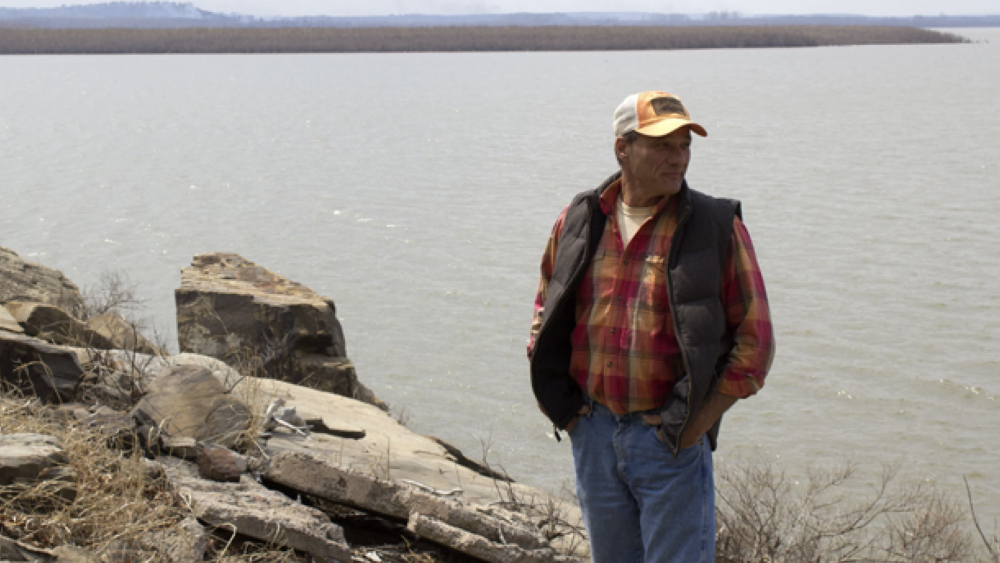
Cast-off State Parks Thrive Under Tribal Control, But Not Without Some Struggle
Rick Geisler, manager of Wah-Sha-She Park in Osage County, stands on the shore of Hula Lake. When budget cuts led the Oklahoma tourism department to find new homes for seven state parks in 2011, two of them went to Native American tribes. Both are open and doing well, but each has faced its own…
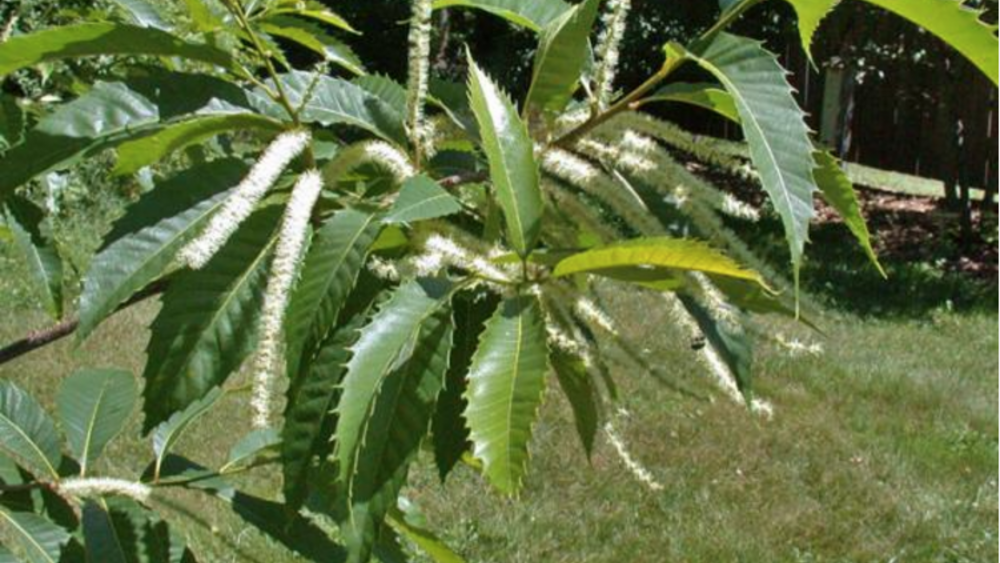
Seneca Nation Implements Native Plant Policy
The Seneca Nation of Indians are spearheading a movement to reintroduce more indigenous flora to public landscapes on tribal lands in Upstate New York. The tribal council unanimously approved a policy that mandates all new landscaping in public spaces on Seneca lands exclusively be comprised of…
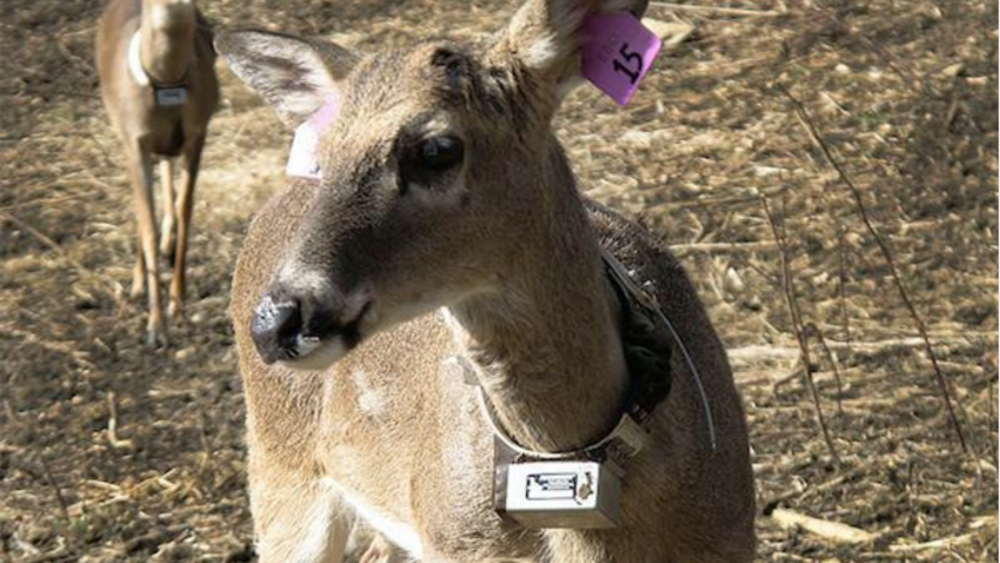
Eastern Band of Cherokee Replenishes Iconic White-Tailed Deer on Its Lands
The Eastern Band of Cherokee, deprived for centuries of the white-tailed deer that symbolizes their culture, are in the process of getting their icon back. Though deer are considered almost a pest in many parts, devouring gardens and proliferating, the Cherokee themselves, who have cherished the…
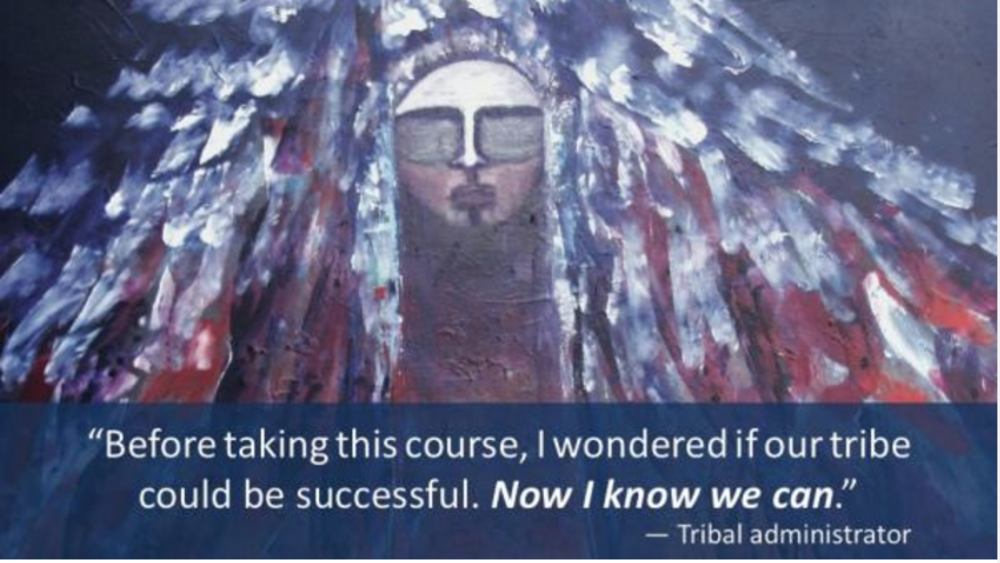
Rebuilding Native Nations Course: What I Learned
I had the opportunity to take the Rebuilding Native Nations Strategies for Governance and Development course offered by the Native Nations Institute at the University of Arizona. I was lucky enough to take the online course at no charge through an article I saw on ICTMN. The course costs $75 as of…

Forest County Potawatomi Renewables Program Nets EPA Top 30 Nod
They squelched a mine, established air-quality monitoring and built a solar plant. Where does a tribe go from there? For the Forest County Potawatomi Community it meant going deeper. The tribe has translated traditional values into a program that uses cutting-edge technologies and sophisticated…

Klamath Agreements Strengthen Tribal Sovereignty
From time immemorial, salmon, steelhead and other fish runs have sustained the Klamath, Modoc and Yahooskin Paiute members of the Klamath Tribes. It has been more than 100 years, however, since our tribal members have seen salmon and steelhead migrate home to the Upper Klamath Basin, or had an…
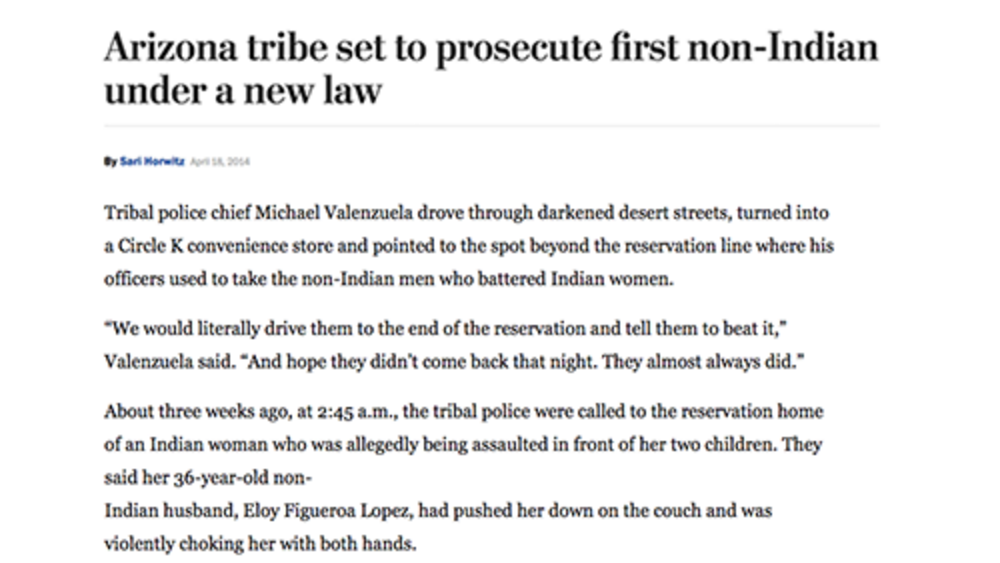
Arizona tribe set to prosecute first non-Indian under a new law
Tribal police chief Michael Valenzuela drove through darkened desert streets, turned into a Circle K convenience store and pointed to the spot beyond the reservation line where his officers used to take the non-Indian men who battered Indian women. “We would literally drive them to the end of the…

Tribes Pushing Minimum Wage Higher
Though the minimum wage remains at $7.25 per hour for most Oklahomans, several tribal nations pay more or have boosted their entry-level wage above the federal level, a move that could cause the Oklahoma Legislature to take another look at the issue...
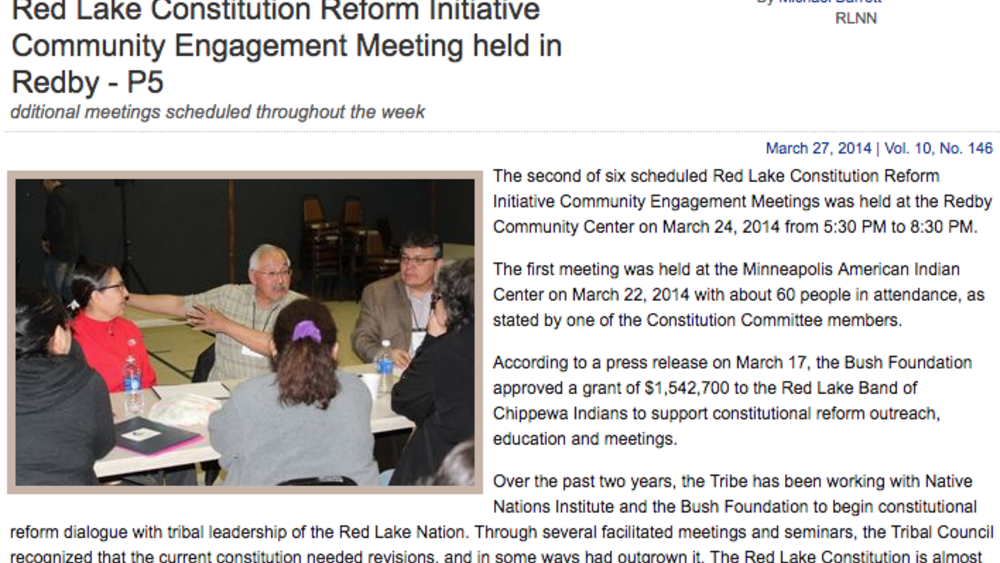
Red Lake Constitution Reform Initiative Community Engagement Meeting held in Redby
The second of six scheduled Red Lake Constitution Reform Initiative Community Engagement Meetings was held at the Redby Community Center on March 24, 2014 from 5:30 PM to 8:30 PM. The first meeting was held at the Minneapolis American Indian Center on March 22, 2014 with about 60 people in…

How Do We Re-Member?
On July 2, the tribal council of the Confederated Tribes of the Grand Ronde held a special meeting to allow their citizens an opportunity to testify for or against a proposed emergency enrollment ordinance whereby the Council sought to delegate its constitutional authority to involuntarily…
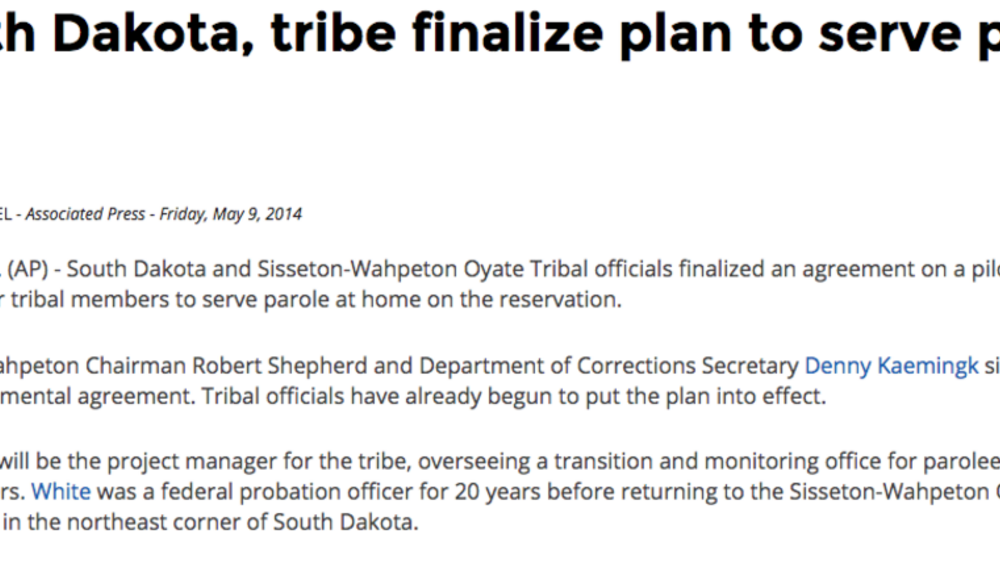
South Dakota, tribe finalize plan to serve parole
South Dakota and Sisseton-Wahpeton Oyate Tribal officials finalized an agreement on a pilot program for tribal members to serve parole at home on the reservation. Sisseton-Wahpeton Chairman Robert Shepherd and Department of Corrections Secretary Denny Kaemingk signed the intergovernmental…

Police Protection in CT Increases: Tribes Can Now Arrest Non-Natives
On Friday, August 1, 27 members of the Mashantucket Pequot Tribal Police received the power to arrest non-Natives on tribal land. “Up until now they could only hold and detain non-tribal members until the state police could come and make the arrest,” William Satti, director of public affairs for…
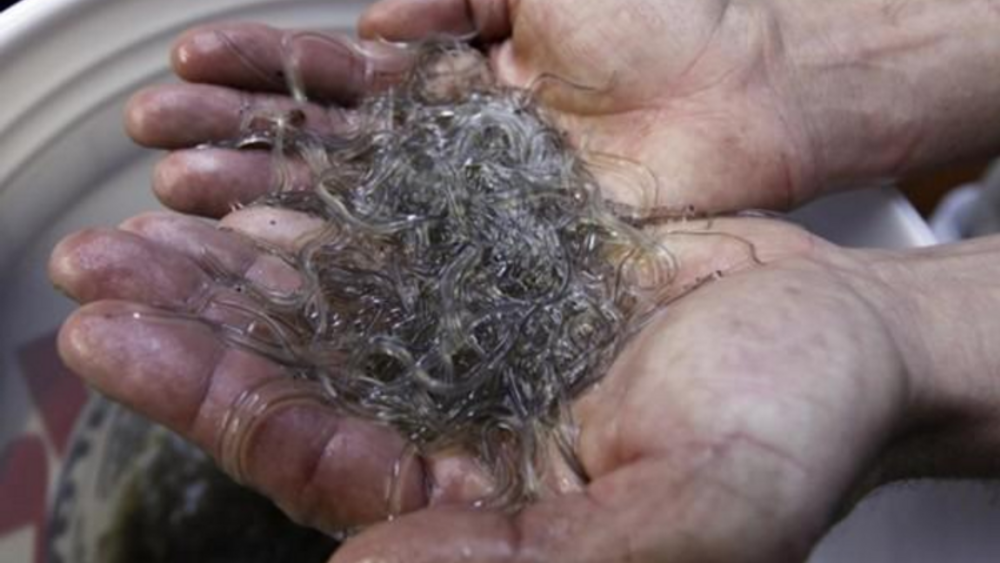
Passamaquoddy Tribe Amends Fishery Law to Protect Its Citizens from State Threat
The Passamaquoddy Tribe’s fishery law has been amended to implement individual catch quotas for the lucrative elver season that began on April 5. While the quota system conforms to a new state law, Passamaquoddy leaders stressed that the change was made to both protect tribal citizens and conserve…
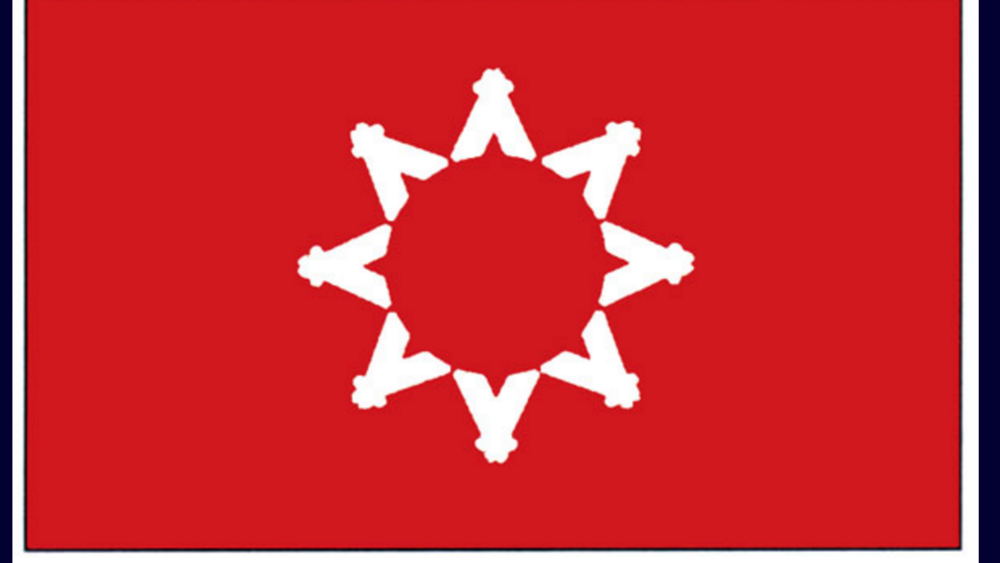
Teach youth about forms of government
Why aren’t the schools teaching about the IRA form of government? Why aren’t they teaching about the traditional tiospaye form of government? The disenchantment and what appears to be apathy or even seditiousness toward the Indian Reorganization Act system of government have become “normal” among…
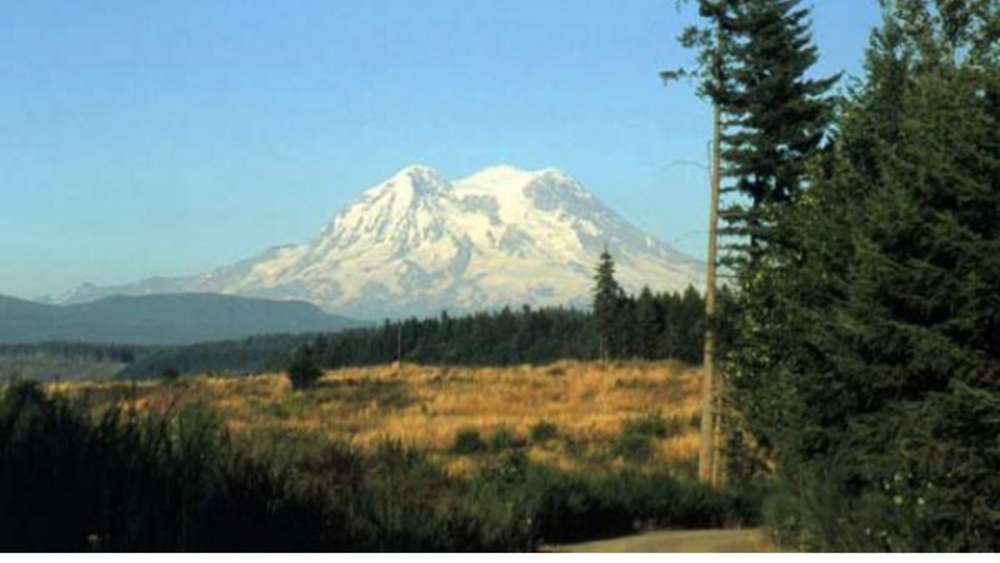
Nisqually Tribe, State Partnering on Development of Nisqually State Park
The Washington State Parks and Recreation Commission and the Nisqually Indian Tribe are working together on future development of Nisqually State Park in Olympia, Washington. The 1,300-acre park lies at the confluence of the Nisqually River, Mashel River and Ohop Creek. The park includes a diverse…
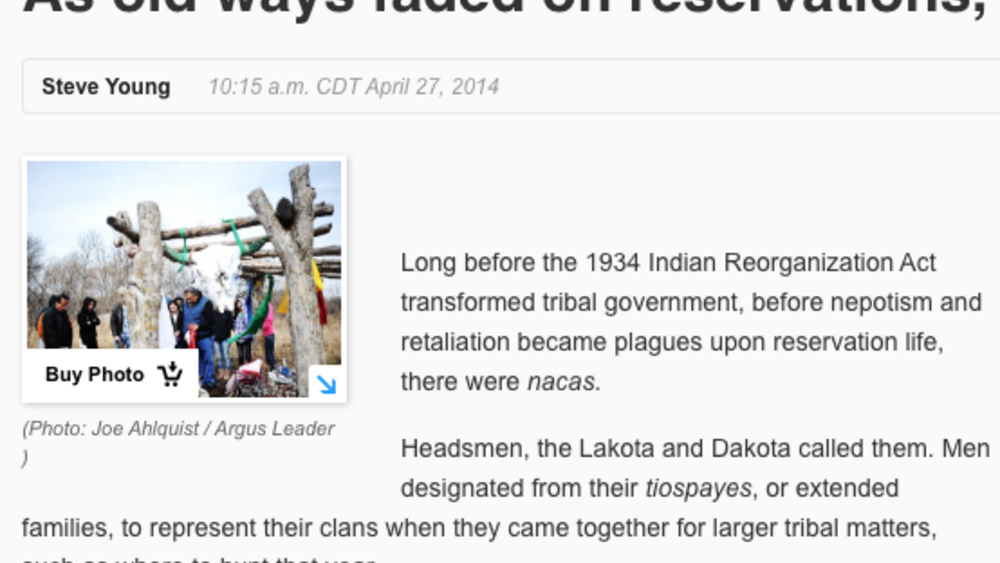
As old ways faded on reservations, tribal power shifted
Long before the 1934 Indian Reorganization Act transformed tribal government, before nepotism and retaliation became plagues upon reservation life, there were nacas. Headsmen, the Lakota and Dakota called them. Men designated from their tiospayes, or extended families, to represent their clans…
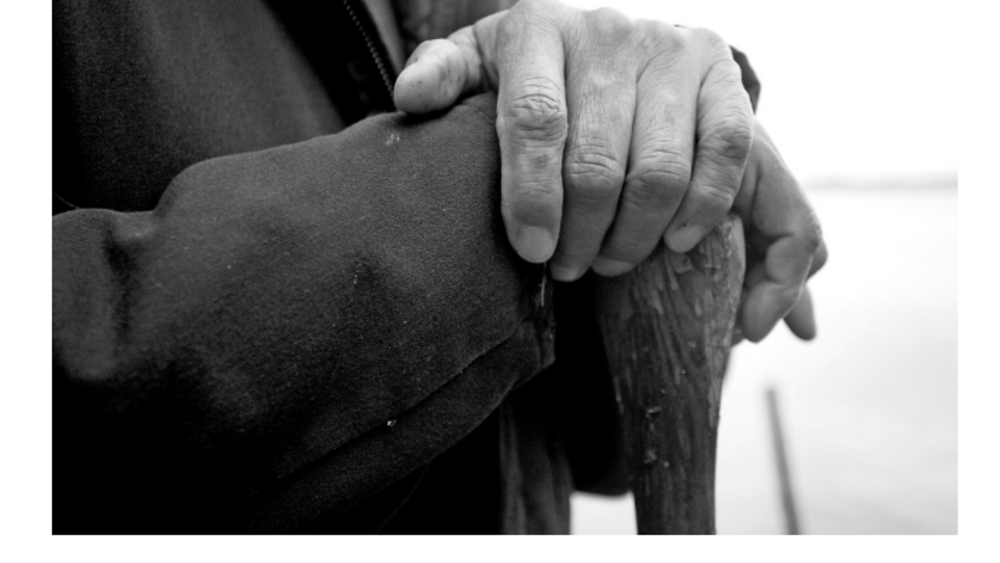
'We are getting stronger'
An economic, political and cultural renaissance is underway throughout Indian Country in the United States. It’s been going on for nearly a quarter-century. Whereas in the 1980s, economic growth on Indian reservations lagged far behind the rate of the U.S. economy, through the booming 1990s and the…
Pagination
- First page
- …
- 23
- 24
- 25
- …
- Last page
